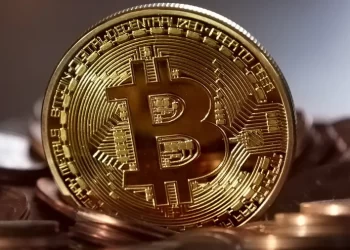Singapore has provided another $ 48 billion ($ 33 billion) stimulus package to combat the spread of the Coronavirus. For the first time since the global economic crisis, national reserves have been identified to help the economy facing the economic crisis.
The finance minister Heng Swee Keat said in a speech to parliament on Thursday that the additional spending would increase the government’s contribution to the virus by about S$ 55 billion, or 11 percent of the gross domestic product. Heng Swee said the additional stimulus would push this year’s budget deficit to 7.9 percent with GDP.
”This unusual situation requires extraordinary measures,” Heng said. ”we have saved for a rainy day, COVID-9 epidemic is already a great storm and it is still growing.”
The stimulus package comes when financial aid is rising with governments around the world to prevent a massive economic shutdown. It also comes just five weeks after the Heng’s annual budget. $ 6.4 billion in health care and support to businesses and families affected by the outbreak of the virus.
Singapore’s outlook has deteriorated significantly since then, as the government reduced its growth rate from 1 percent to 4 percent this year for the beginning of Thursday.
”We are facing an unprecedented crisis of a very complex nature,” Heng said. ”Only economically it will bee the worst economic session after independence.”
Past Reserves
Singapore’s export economy is under pressure as voice disrupts supply Chain and travel, closing wages and food supplies in key business partners such as Malaysia.
The government last tapped its reserves in 2009 when the economy faced a recession during the global financial crisis. The government delivered an S$20. 5 billion stimulus package at the time, and drew down reserves by S$ 4. 9 billion.
”We need to do our best to help our businesses and people quickly,” he said in a statement. ”It’s a matter of survival.”
Record Deficit
Heng said the government has approved a maximum of $ 17 billion in reserves, The booming budget deficit compares all of GDP’s 2.1% decision plans. Which has already been its biggest loser since at least the 1997s?
Among the other steps in the stimulus package are:
Property tax abolishes wage support for virus-infected hotels and restaurants and businesses, including food service, to increase the aviation and tourist saints, Including cash assistance in a wider pool of self-employed people and increasing support for running people, income center refrigerator for official fees and charges, and suspension of student loan interest and payment charges, delayed payment for government housing compassion arrears for one year.
















